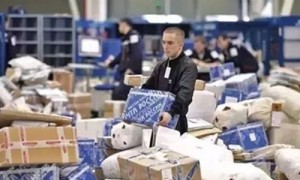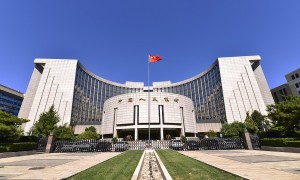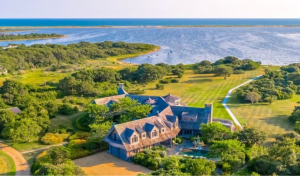WASHINGTON - The summit of the Group of Eight (G8) industrialized nations formally kicked off on Friday evening at Camp David in Maryland after US President Barack Obama greeted the G8 leaders at the presidential retreat.
The two-day summit groups together leaders of Britain, Canada, France, Germany, Italy, Japan, Russia and the United States. The event will touch upon issues including the eurozone crisis, Iran nuclear standoff, Syria, global energy and food security, among others.
However, despite its wide-ranging agenda, many analysts expected no major outcomes from the gathering.
On the eurozone crisis, which will top the agenda of the summit, it is quite unrealistic to expect the leaders to make a choice between economic growth and fiscal discipline at Camp David, given the substantial differences between German Chancellor Angela Merkel and the new French President Francois Hollande.
In addition, with the absence of Russian President Vladimir Putin, the summit can hardly achieve progress on issues like Iran and Syria, where Russia plays a major role. The Kremlin said Thursday that Russia will work to exclude Syria and Iran from the declaration of the G8 summit, which has virtually closed the door for progress on these issues.
Many observers believed that under the current global order, the G8 has proved to be unable to tackle the major economic and political challenges, with last year's summit in France being widely criticized as a "nightmare" and "making no sense."
On the other hand, emerging powers like China, India, Brazil, and others, are playing an increasingly important role in the international arena. As one example, the major forum for dealing with global economic challenges shifted from G8 to G20 years ago.
In an interview with Xinhua, Bruce Jones, an expert with the Washington-based Brookings Institution, described the G8 as an "outdated" and even "odd" mechanism.
"It will be hard for the G8 to figure out what its relevance is in the coming years," he said.







